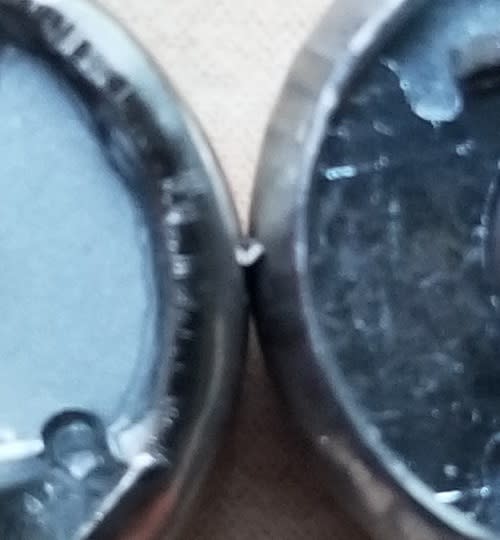etang858
Mechanical
- Mar 8, 2012
- 22
Hello,
I have a piece of steel that is currently coated in zinc. I need to be able to solder to this piece of metal but zinc doesn't seem to be working well.
Any suggestions on materials I can coat the steel in to make a good solder connection?
Can be an industrial coating process.
Thanks for any help or insight!
I have a piece of steel that is currently coated in zinc. I need to be able to solder to this piece of metal but zinc doesn't seem to be working well.
Any suggestions on materials I can coat the steel in to make a good solder connection?
Can be an industrial coating process.
Thanks for any help or insight!

